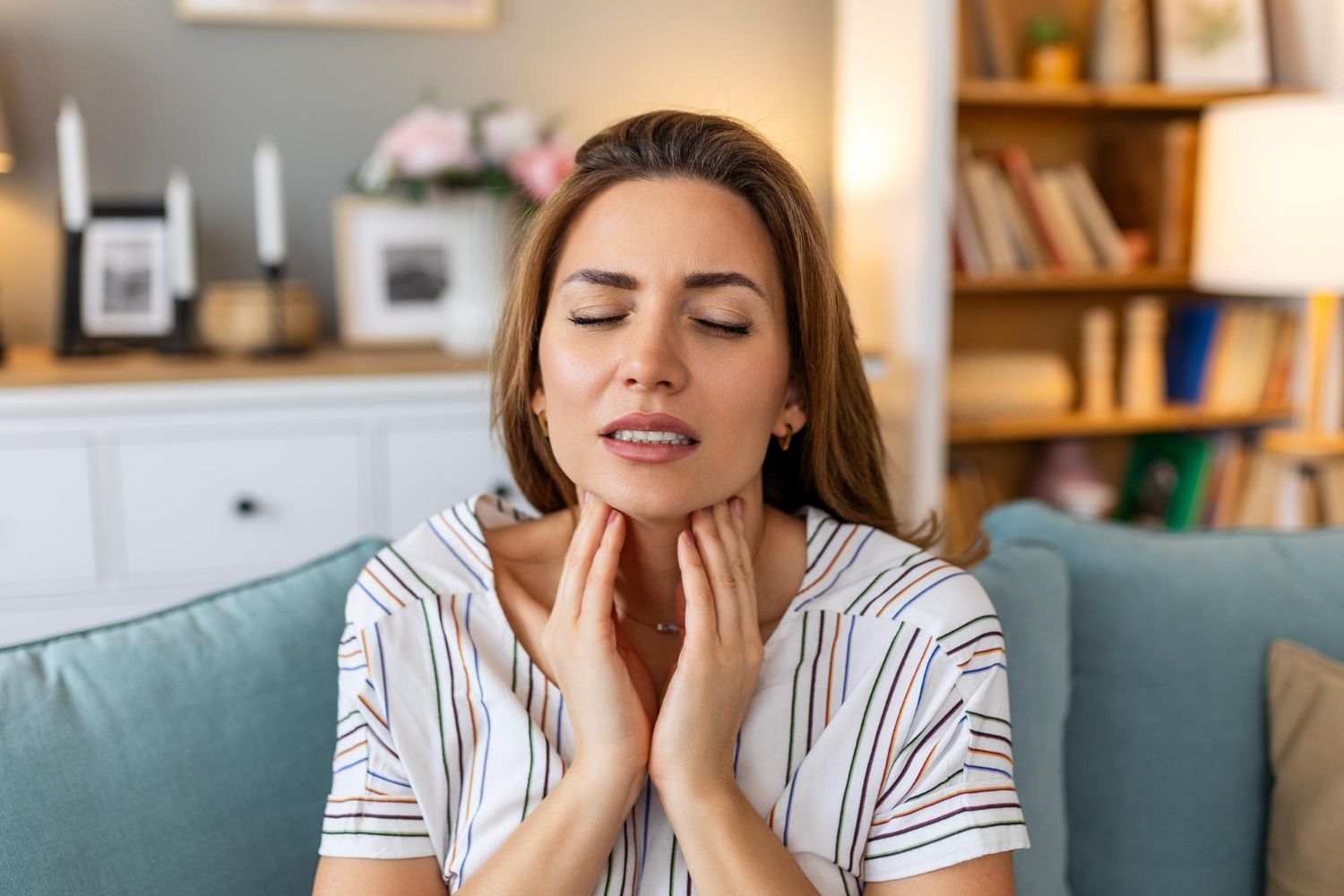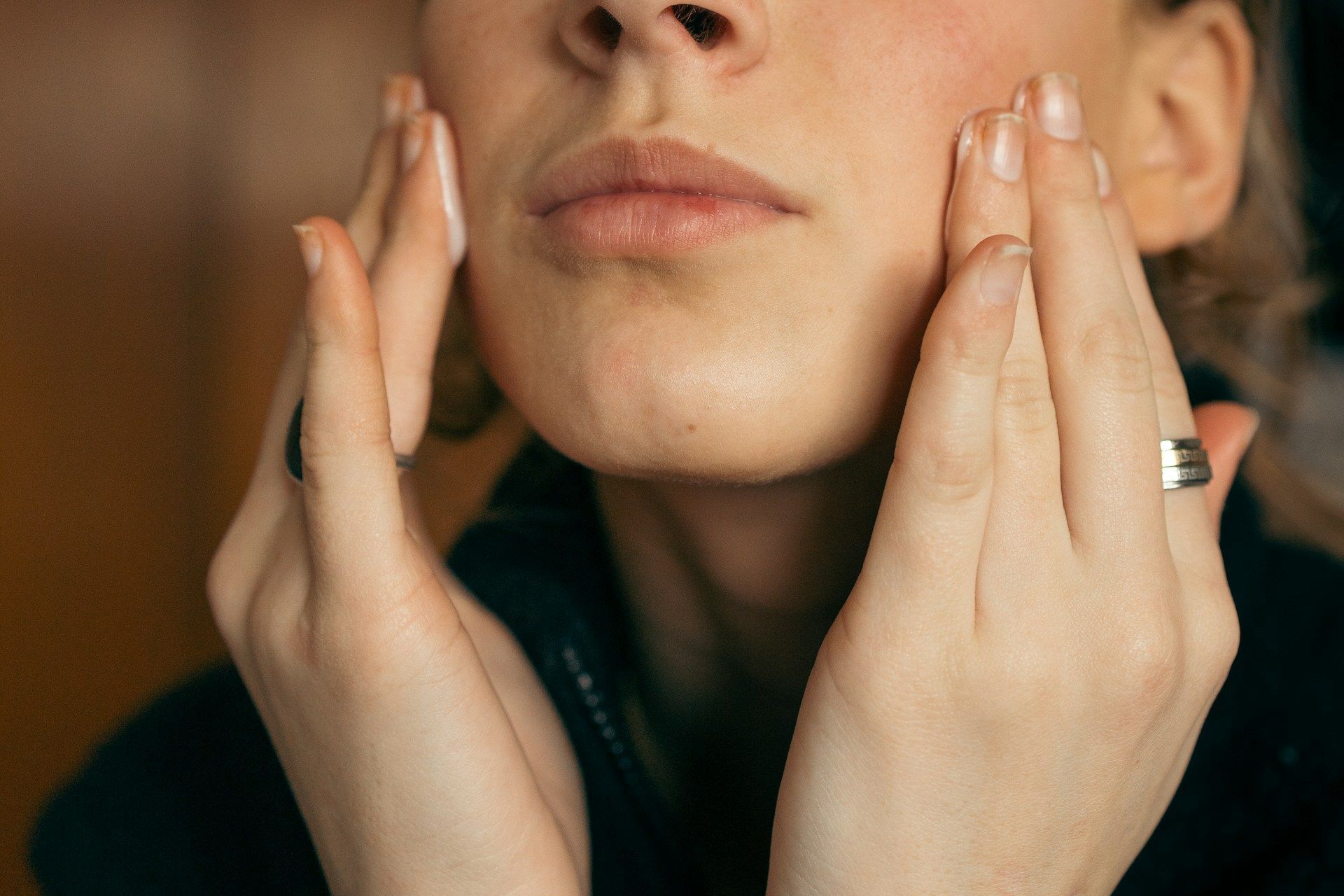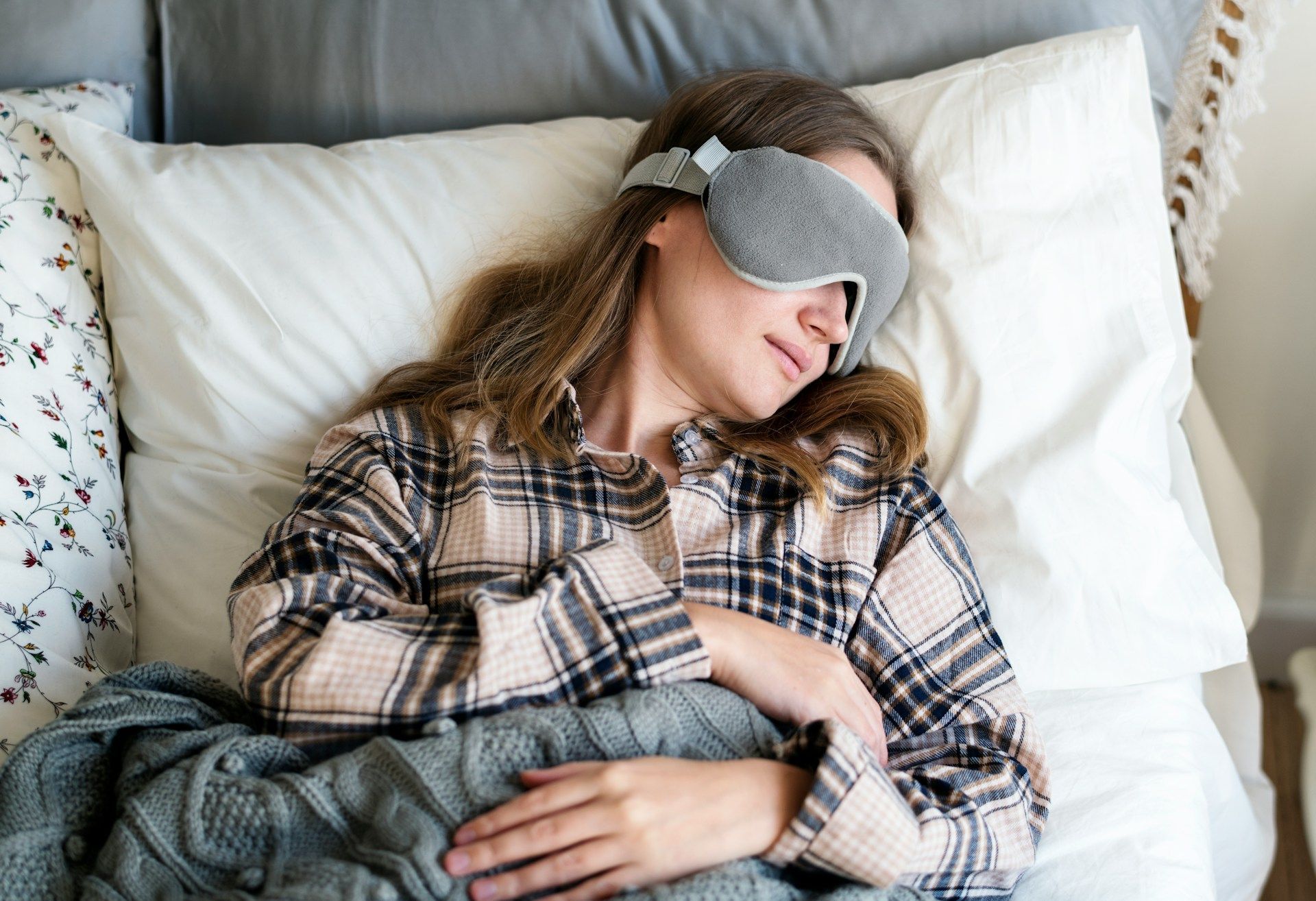How Nutrition Impacts Your Sleep Apnea Symptoms

As we dive deeper into understanding sleep apnea, it's crucial to recognize the role that diet plays in managing this condition. Here at The Center For Sleep Apnea and TMJ, we believe in a holistic approach to treatment, and nutrition is a key component of our strategy. Dr. Cameron Kuehne, our expert, emphasizes the importance of dietary choices in either alleviating or exacerbating sleep apnea symptoms.
Incorporating the right foods into your daily routine can be a game-changer. Not only can certain nutrients help reduce the severity of sleep apnea episodes, but they can also improve your overall health and wellness. Conversely, some foods may worsen your condition, making it crucial to be mindful of what you eat. In this discussion, we will share insights on how you can adjust your diet to manage your sleep apnea symptoms effectively.
Understanding these dietary connections can empower you to make informed choices that support better sleep patterns, reduced symptoms, and a healthier lifestyle. Join us as we explore the significant impact of nutrition on sleep apnea, backed by the expertise of Dr. Cameron Kuehne.
The Connection Between Diet and Sleep Apnea
Understanding how diet intersects with sleep apnea is essential for anyone struggling with this condition. Several studies, alongside our experience here at The Center For Sleep Apnea and TMJ, highlight that certain dietary habits can significantly influence the frequency and severity of sleep apnea episodes. Dr. Cameron Kuehne points out that excess body weight can exacerbate obstructive sleep apnea, as fatty tissues in the throat may obstruct the airway during sleep. Therefore, maintaining a balanced diet not only supports general health but also aids in managing body weight, thus reducing sleep apnea symptoms.
Moreover, the types of food you consume can affect your sleep quality. Eating heavy meals or specific types of food like those high in fat close to bedtime can lead to poorer sleep quality and more disrupted sleep. This can aggravate sleep apnea symptoms, making it harder for you to achieve restful sleep. We guide our patients through understanding these connections so they can make more informed choices about their eating habits, especially in relation to their sleep patterns.
Key Nutrients That Can Improve Sleep Apnea Symptoms
Incorporating specific nutrients into your diet can play a pivotal role in managing sleep apnea. Dr. Cameron Kuehne frequently discusses the importance of a nutrient-rich diet that includes plenty of antioxidants, healthy fats, and balanced proteins. Antioxidants, like those found in berries, leafy greens, and nuts, can reduce inflammation in the body, which is beneficial since inflammation can worsen sleep apnea. Foods rich in omega-3 fatty acids, such as salmon, flaxseeds, and walnuts, are known to also decrease inflammation and support overall health.
Balanced protein intake is critical, too, as proteins are essential for muscle health, including the muscles around the throat that help keep your airways open while you sleep. Lean proteins like chicken, turkey, and legumes are excellent choices. Dr. Kuehne recommends integrating these foods into your diet not just for their direct benefits on sleep apnea but for their overall contribution to a healthy lifestyle, which indirectly supports the management of sleep apnea. Our dietary consultations at the center always emphasize the tailored incorporation of these nutrients to support each patient's unique needs.
Foods to Avoid That Can Worsen Sleep Apnea
Certain foods have been identified as potential contributors to the aggravation of sleep apnea symptoms, and we at The Center For Sleep Apnea and TMJ in Meridian take great care to advise our patients about these. High-fat dairy products and excessive red meat can increase mucus production and inflammation, which in turn can narrow the airway during sleep. Similarly, foods high in refined sugars and simple carbohydrates can lead to weight gain, a significant risk factor for obstructive sleep apnea.
Dr. Cameron Kuehne stresses the importance of avoiding heavy meals close to bedtime. Foods that are hard to digest, such as those that are fried or very spicy, can disrupt sleep and exacerbate sleep apnea symptoms. Instead, focusing on lighter, easier-to-digest meals can make a considerable difference in the quality of your sleep and the severity of your symptoms. Being mindful of both what and when you eat can support the management of sleep apnea, leading to a more restful night.
Practical Dietary Tips from Dr. Cameron Kuehne for Better Sleep
Creating a dietary plan that supports good sleep isn't just about avoiding certain foods; it's also about incorporating beneficial practices that enhance sleep quality. Dr. Cameron Kuehne recommends setting a consistent eating schedule to align with your body's natural circadian rhythms, which can help enhance your sleep cycle. Additionally, ensuring hydration with an adequate intake of water throughout the day can improve tissue health and reduce the risk of airway obstruction.
Dr. Kuehne also advises against the consumption of caffeine and alcohol close to bedtime as they can alter sleep patterns and lead to fragmented sleep, which is detrimental for those suffering from sleep apnea. Instead, opting for soothing beverages like herbal teas can be beneficial before bedtime. Simple changes such as these, when combined with a balanced, nutrient-rich diet, can significantly improve sleep quality and reduce the symptoms associated with sleep apnea.
Conclusion
As we conclude our discussion on how nutrition impacts your symptoms of sleep apnea, we hope you've gained valuable insights into making informed dietary choices. At The Center For Sleep Apnea and TMJ, we are committed to supporting your journey to better health through specialized care and comprehensive treatment strategies.
If you are experiencing symptoms of sleep apnea or would like personalized advice on how to manage your condition through nutrition, schedule a consultation with our sleep apnea doctors in Nampa today. Together, let's work towards a restful night and a healthier tomorrow.
Contact Us
The Center for Sleep Apnea & TMJ
1718 S Millennium Way, Meridian, ID 83642
Phone: (208) 376-3600
Fax: (208) 376-3616
All Rights Reserved
The Center for Sleep Apnea & TMJ
All Rights Reserved - Accessibility Statement
The Center for Sleep Apnea & TMJ










